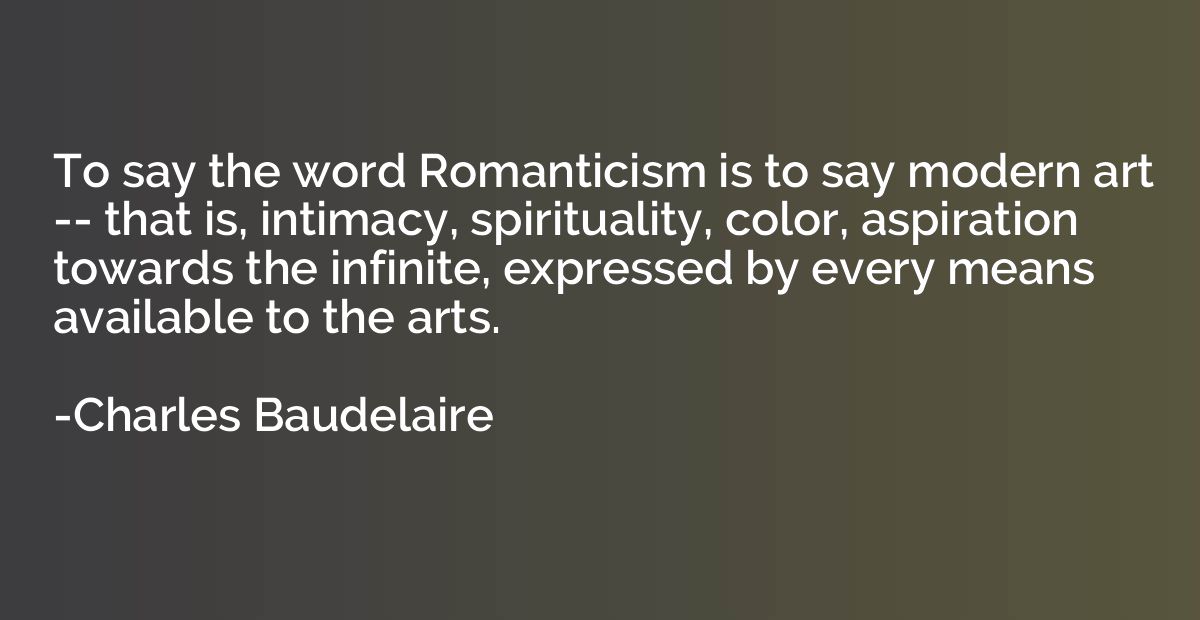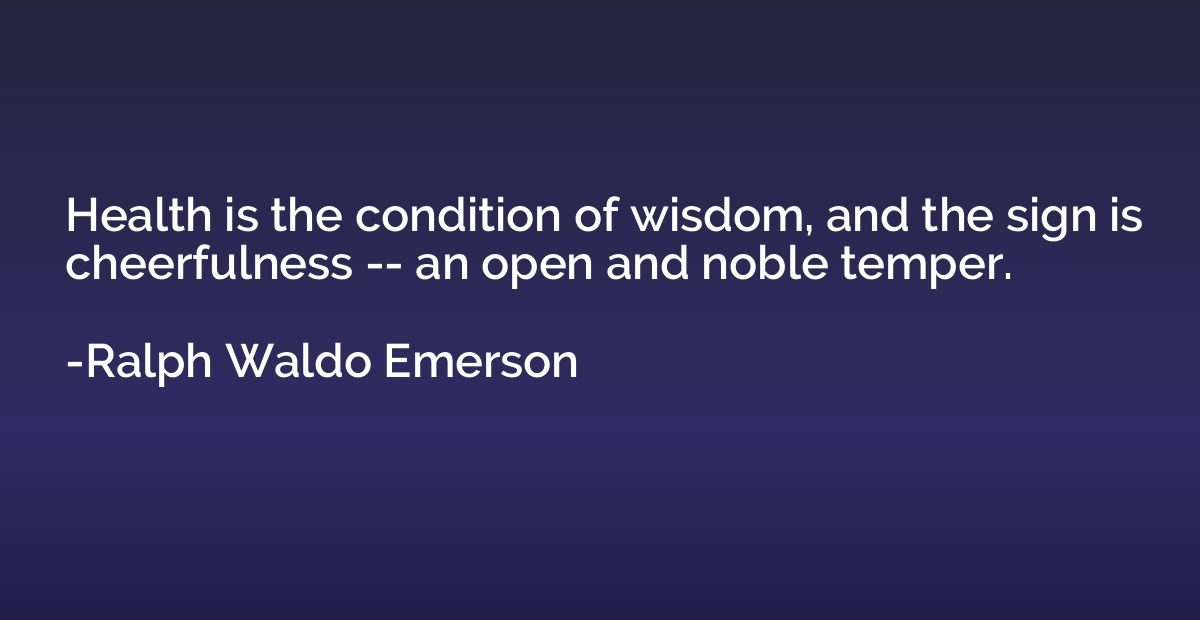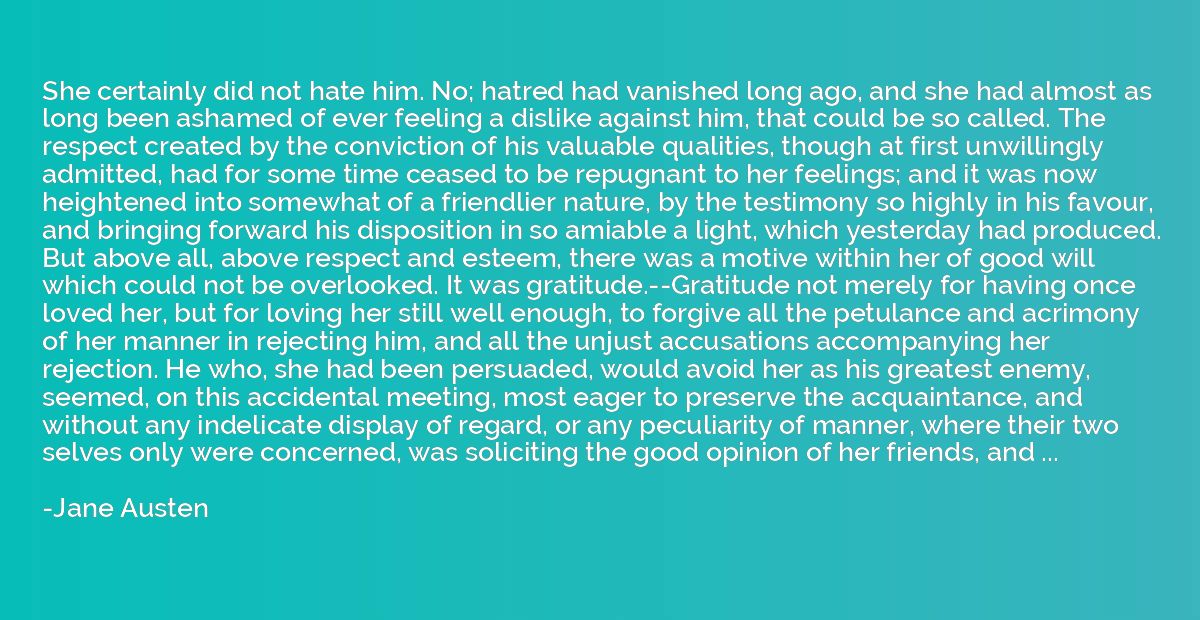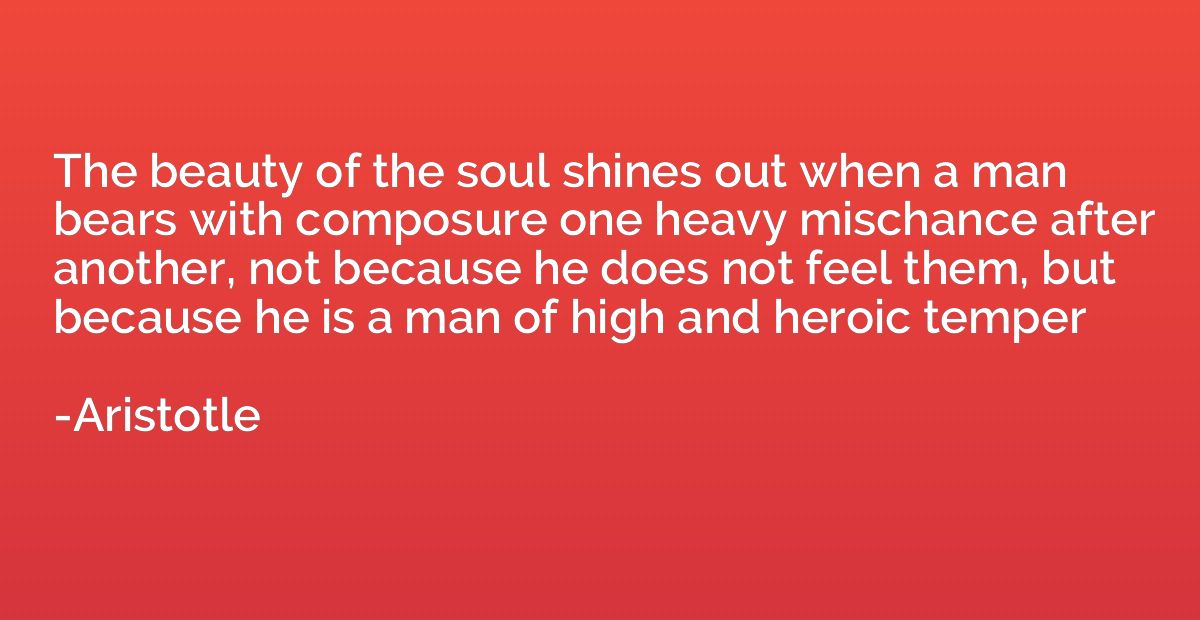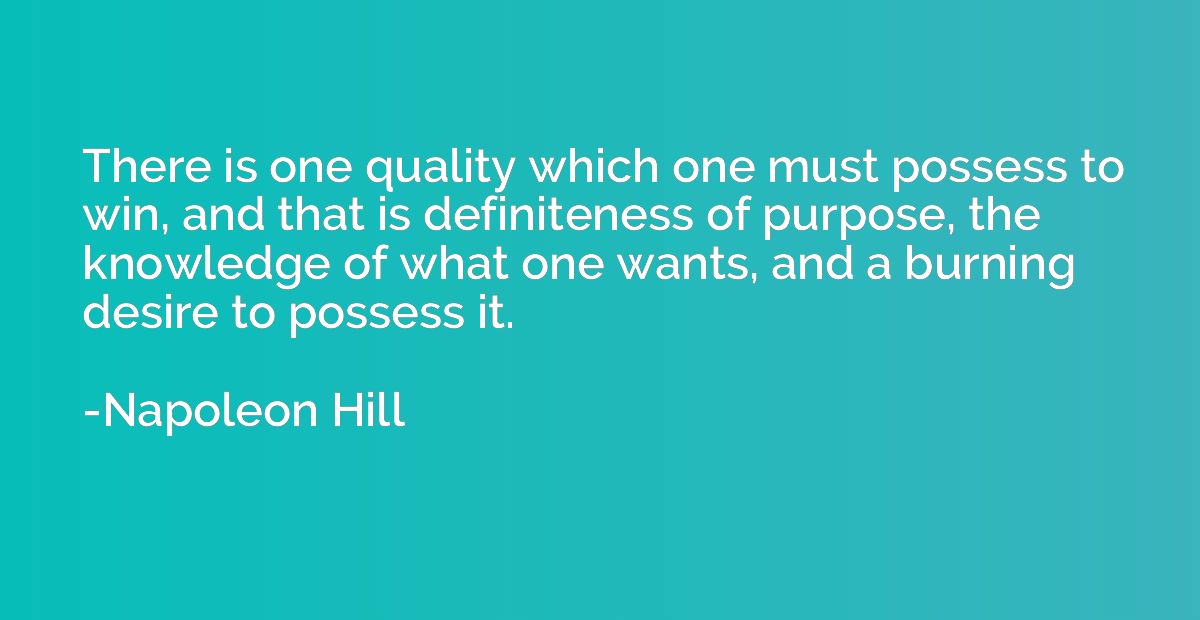Quote by William Ellery Channing
No power in society, no hardship in your condition can depress you, keep you down, in knowledge, power, virtue, influence, but by your own consent.
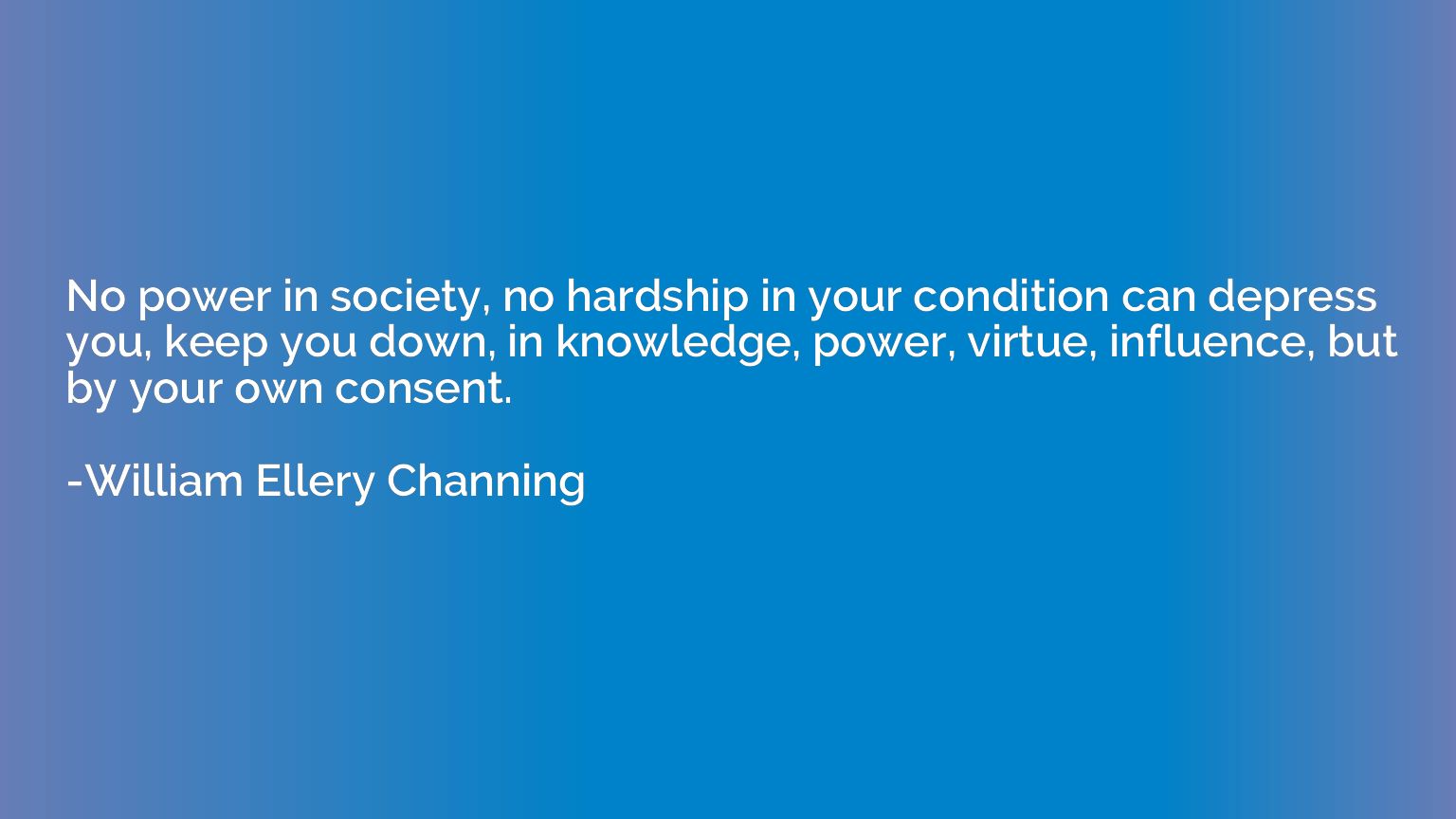
Summary
This quote suggests that an individual's true power and potential are not influenced by societal structure or external circumstances, but rather by their own personal choices and consent. It highlights the notion that nobody has the ability to hold someone back or keep them down unless the person allows it. The quote emphasizes the importance of self-empowerment and personal agency, claiming that individuals have control over their own knowledge, abilities, character, and impact on others. Ultimately, it encourages individuals to take responsibility for their own lives and not give others the power to hinder their progress.



